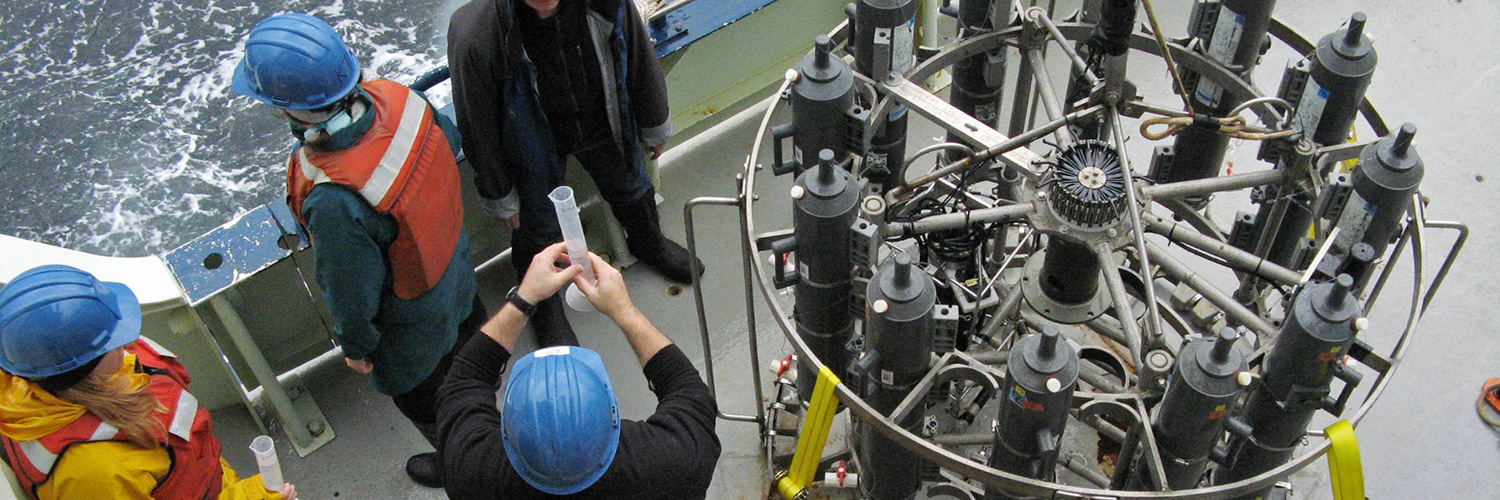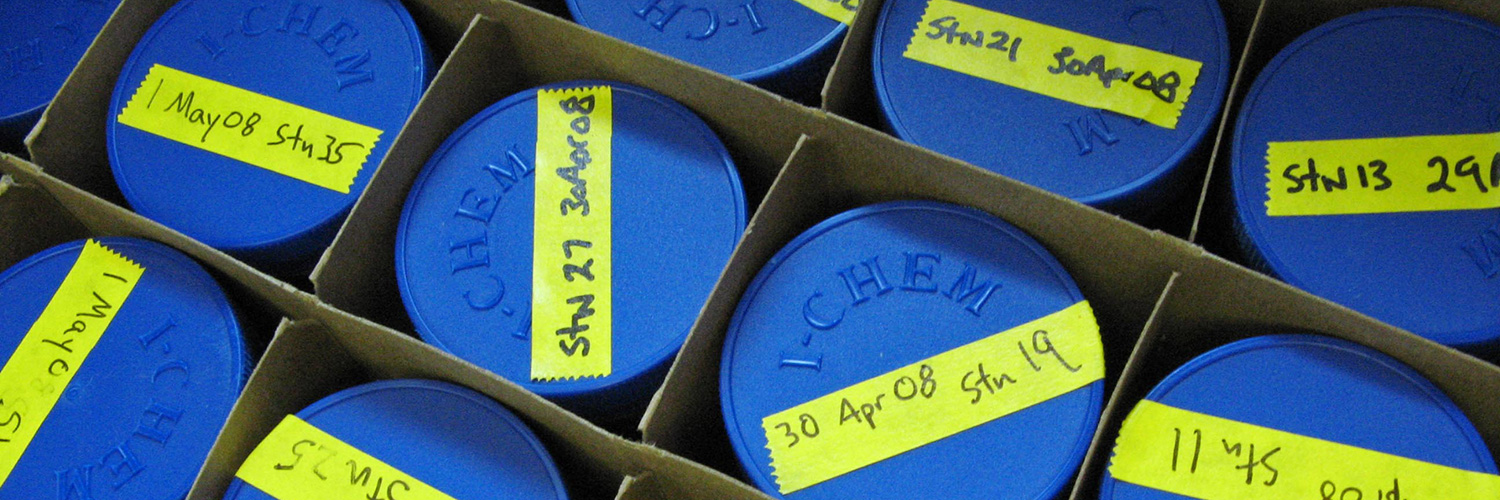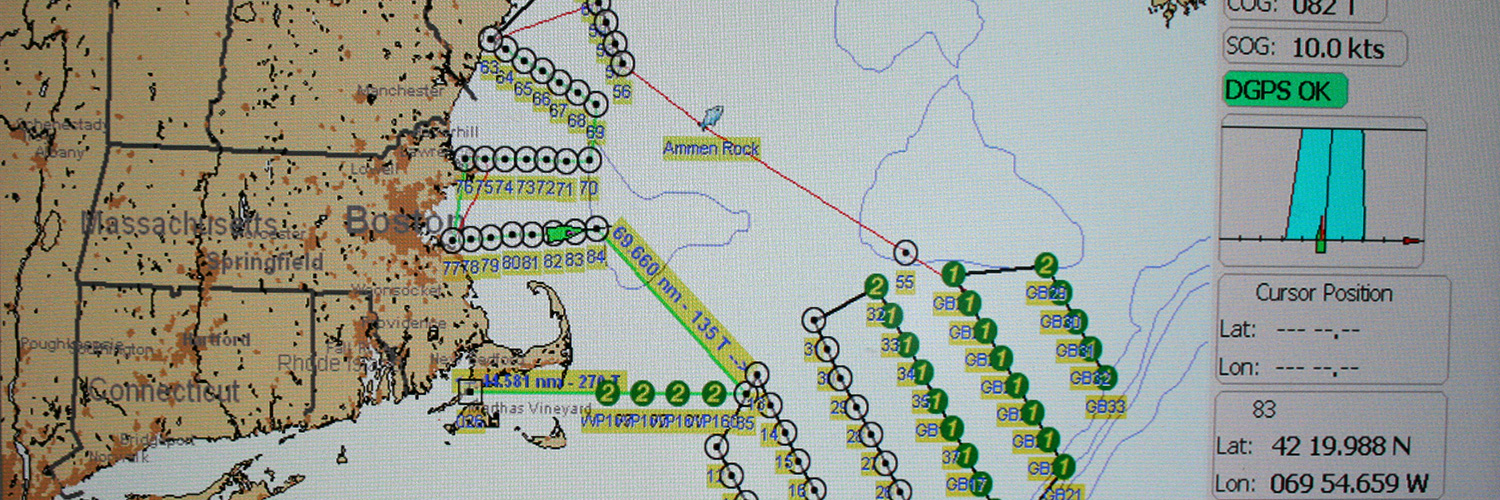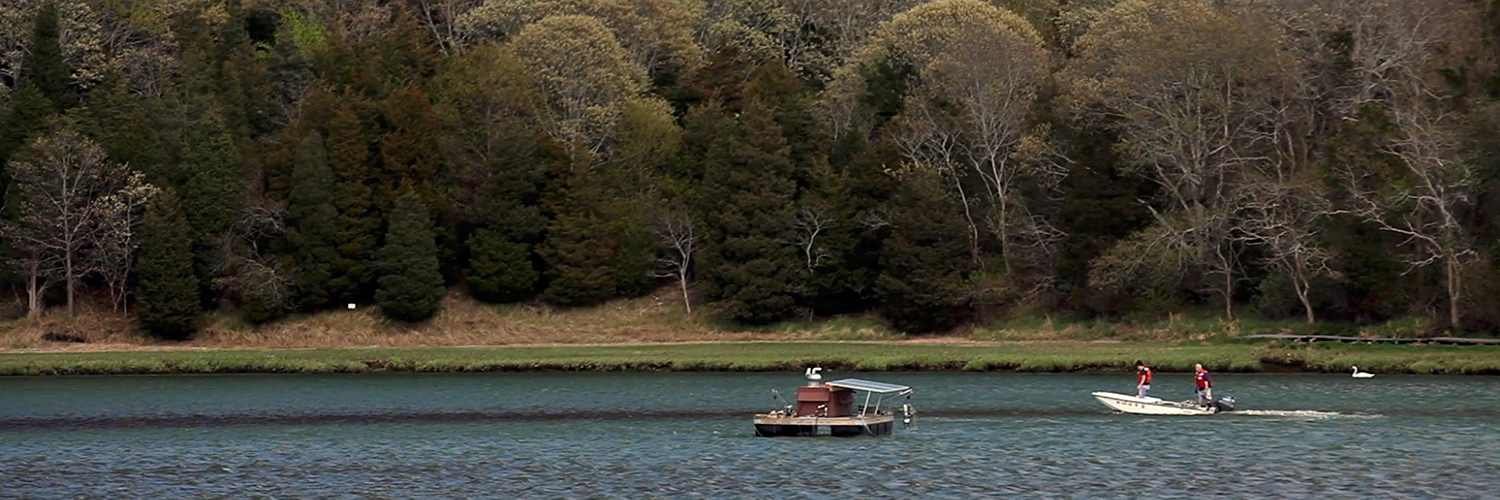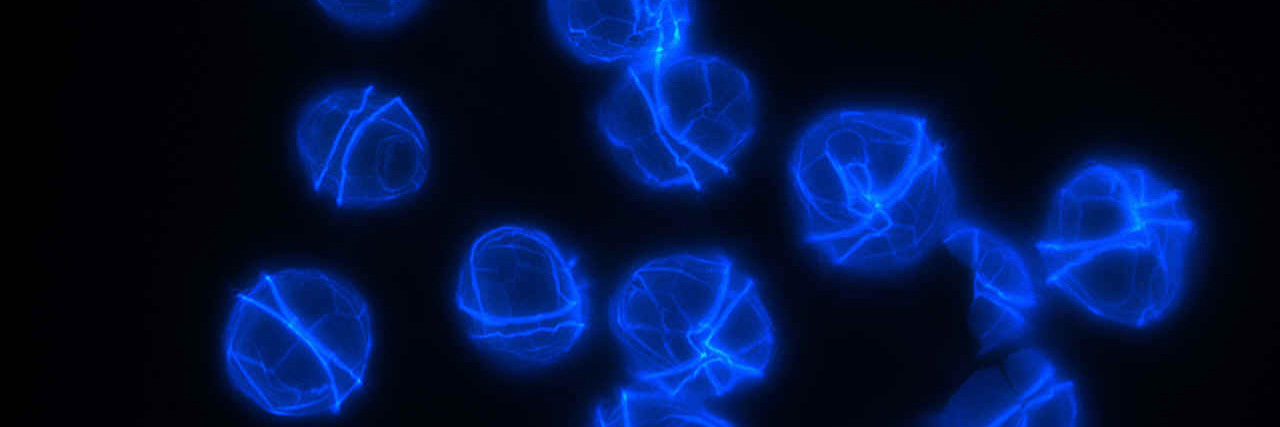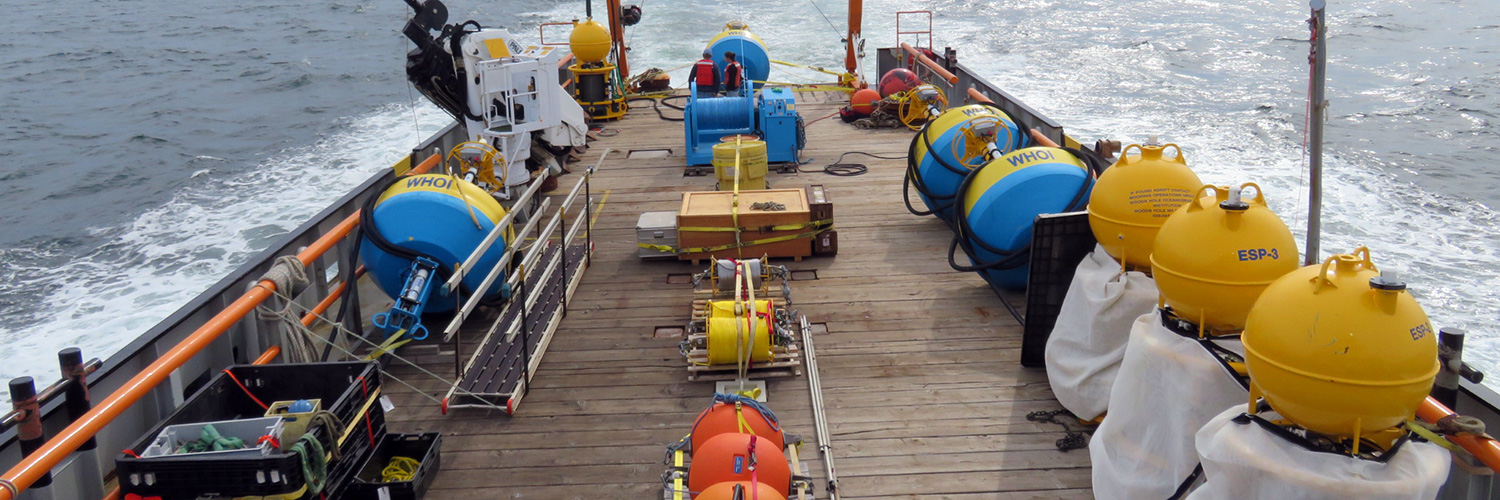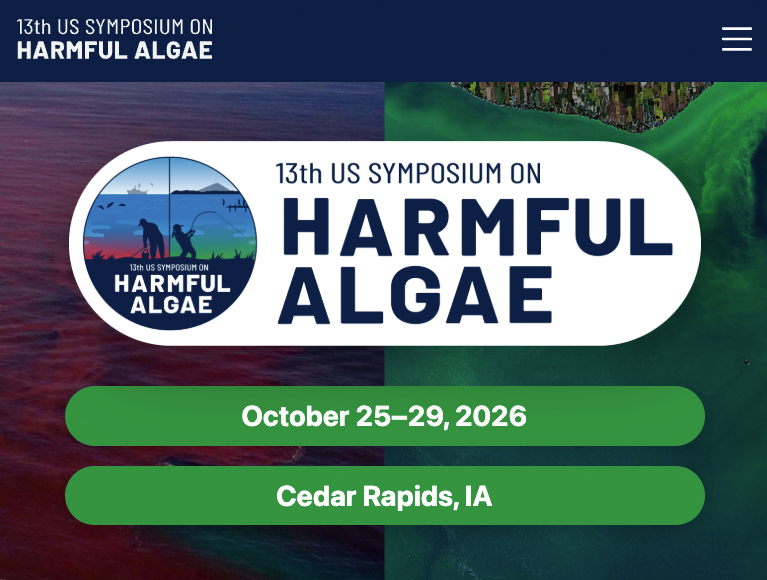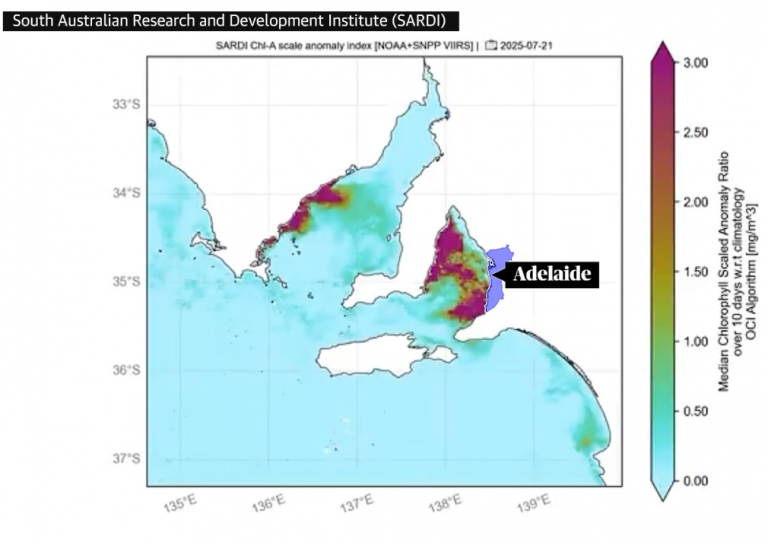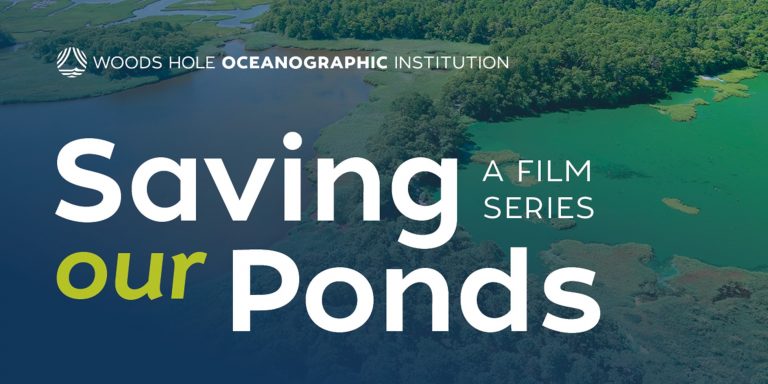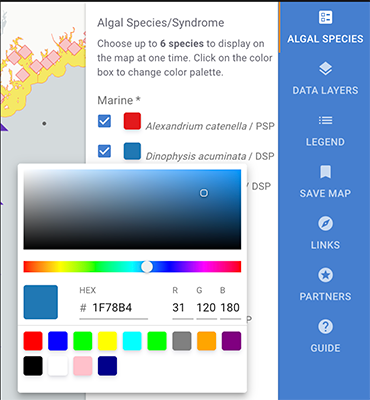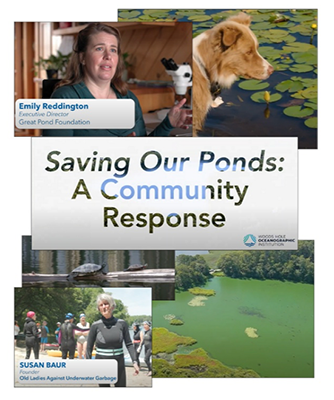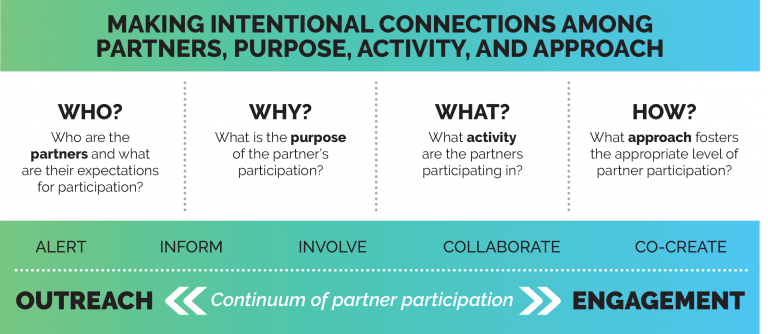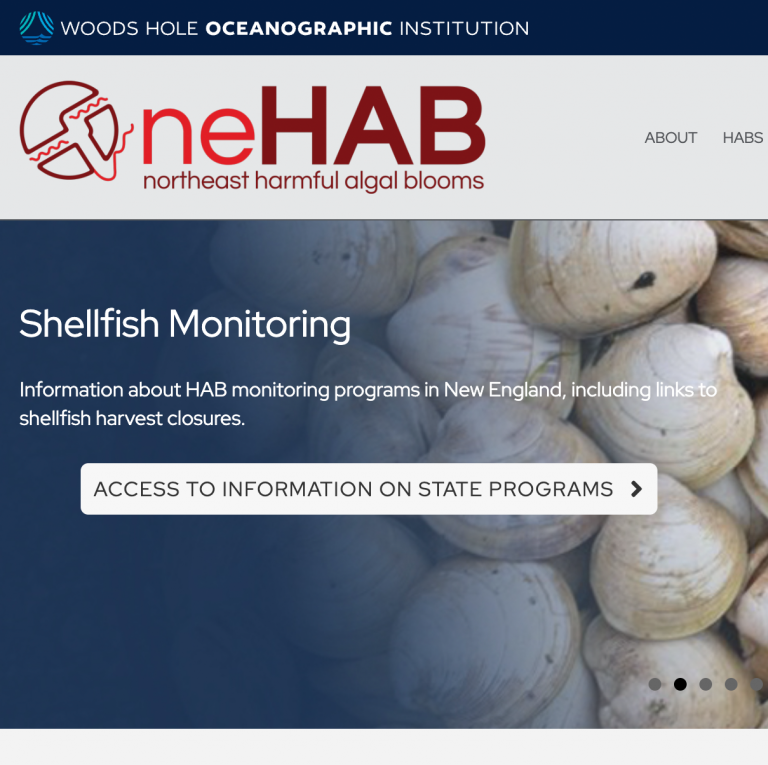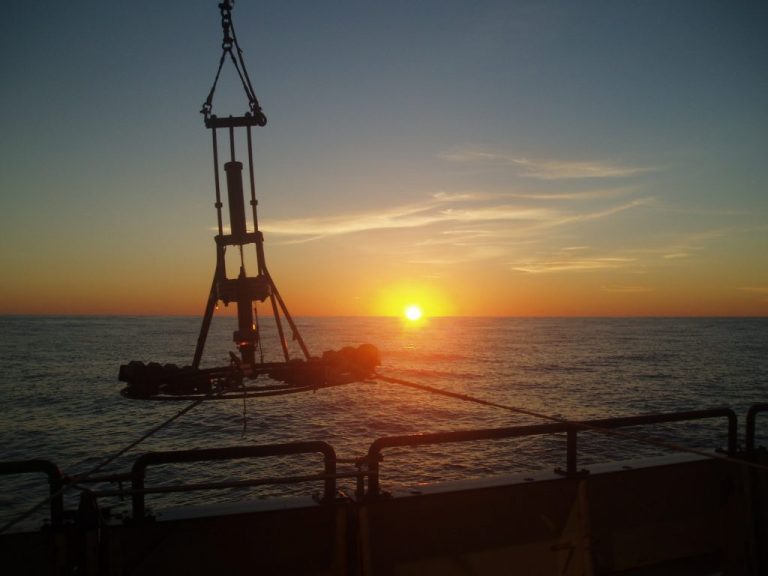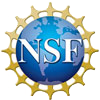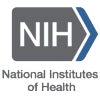The health of the oceans and the health of humans go hand in hand. Sustaining life in a variety of different ways, oceans provide us with the air we breathe, the food we eat, even some of the medicines we use to cure disease. However, imbalance in the oceans can have deleterious effects on human health. In particular, proliferation of harmful algal blooms and pathogenic microbes can cause human illness or, in acute cases, death, while also wreaking economic havoc through beach and fishery closures. Understanding this corollary between the health of the ocean and our own, policymakers and researchers sought to emphasize an inter-disciplinary approach in studying this important relationship, pairing oceanographers and other scientists with biomedical experts.
The Woods Hole Center for Oceans and Human Health (WHCOHH) is an interdisciplinary center focused on the interface of human health and ocean health and facilitates an integrated research program pairing oceanographers and other scientists with biomedical experts. Current research focuses on fundamental questions regarding the nature of harmful algal blooms (HAB), environmental factors that influence bloom conditions, and toxicological processes that relate to human health concerns.
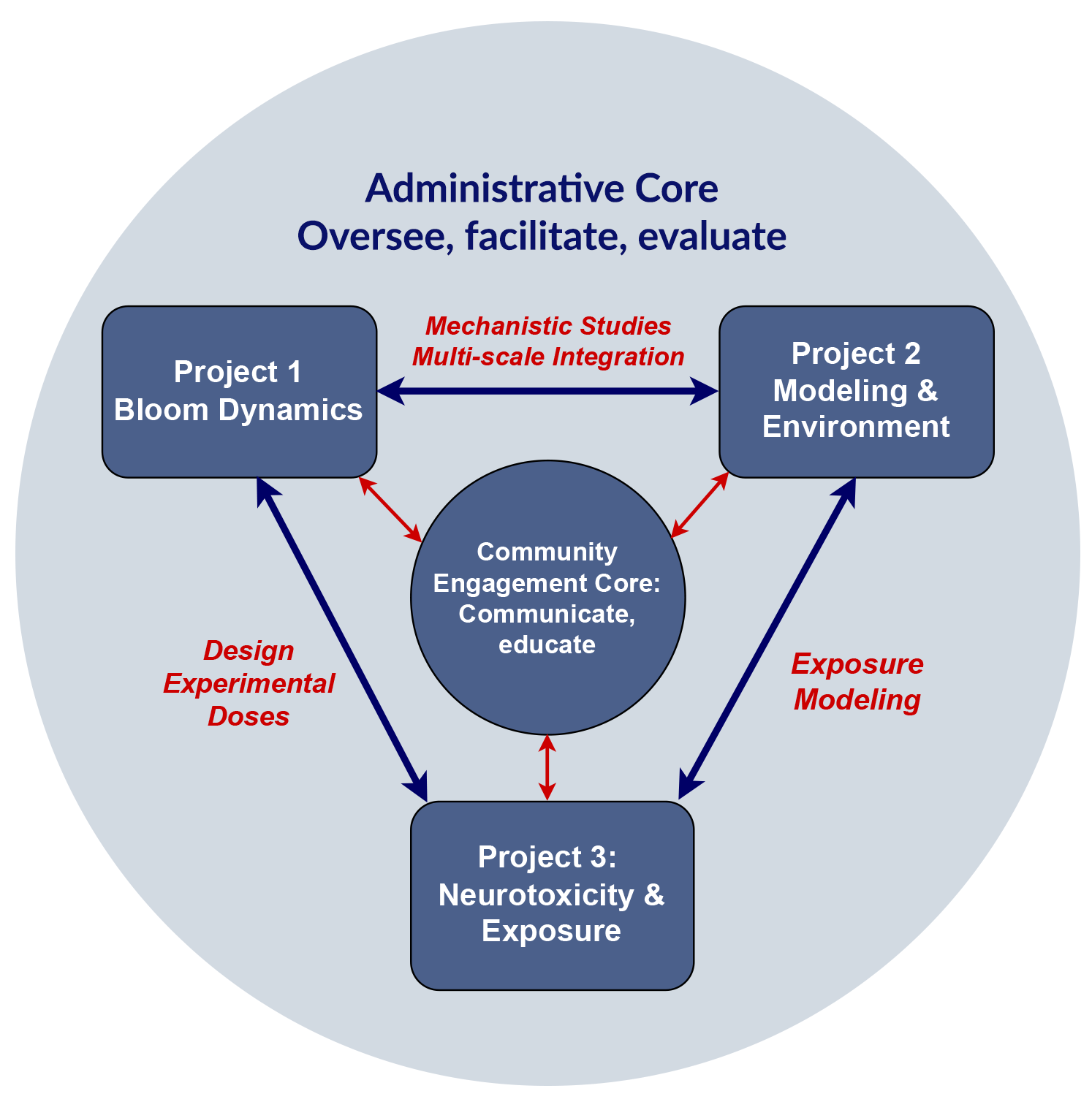
Current Research
Project 1: Harmful algal bloom dynamics: assessing factors that control life cycle processes
Project 2: Environmental forcing of harmful algal blooms and toxicity exposure
Project 3: Cellular and molecular mechanisms underlying long-term effects of early life exposure to HAB toxins
